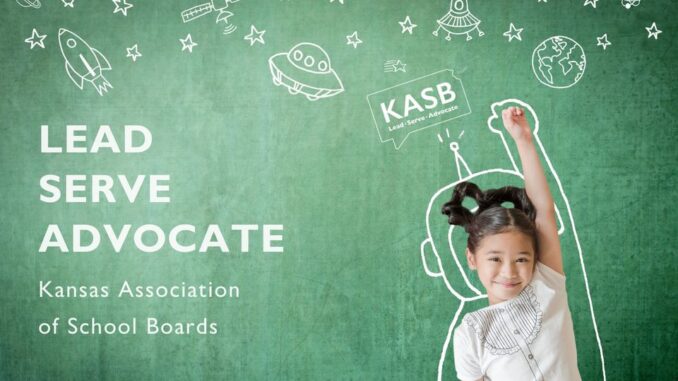
The Kansas Association of School boards must take a determined step to distance itself from the concerning political leanings of the National Association of School Boards by dropping its membership in the NASB, and send the message to Kansas parents and taxpayers that the NASB’s anti-parent overtones are not in the interests of educating Kansas school children.
Dropping its membership in NASB would go far to increase the confidence of Kansas parents in KASB – in which most all of their local school boards hold membership – and convey that Kansas educators don’t view parents as adversaries at best and terrorists at worst.
That is in fact the unfortunate message sent by the NASB in its Sept. 29 letter to the U.S. Department of Justice. The letter was prompted by parents in some local school districts across the country vehemently and publicly protesting the institution of Critical Race Theory elements into local school curriculum. It requested the full weight of federal law enforcement be brought to bear against parents the NASB basically accused of conducting what they described as campaigns of terrorism – by speaking out – against local school board policies.
“The National School Boards Association (NSBA) respectfully asks for federal law enforcement and other assistance to deal with the growing number of threats of violence and acts of intimidation occurring across the nation,” the letter read in part before it was scrubbed days later from the NASB website. It requested investigation of “acts of malice, violence and threats against public offcials,” which could, the letter said, “be the equivalent to a form of domestic terrorism and hate crimes.”
No evidence of any threat of violence was cited.
National backlash and the resignation of several state school board associations – New Hampshire, Missouri, Louisiana, Ohio and Pennsylvania among them – brought an apology weeks later from NASB. “There was no justification for some of the language included in the letter,” the apology read. However, no firings or resignations are known to have occurred at NASB due to what are nothing short of allegations of terrorism against parents concerned enough about their children’s welfare to speak up publicly at public meetings to their local school boards.
This is all a new awakening among parents who for decades have mostly stood back and allowed school administrators to take their marching orders in virtually all aspects of school district management from their state school board organizations. Those state organizations in turn follow the encouragement of the NASB and U.S. Department of Education. The top-down conduit of policy, procedure, and indeed politics has traditionally been a one-way street. In the same vein, school board members who agreed in good faith to serve in an increasingly bureaucratic and complicated educational arena rely almost wholly on administrators for data, interpretation and counsel for their decisions. They’ve become to a great degree disconnected from the body of parents who until now have been mostly silent.
But the Covid pandemic that sent school kids home and allowed parents to view much of their classroom instruction on screen along with them was, for many, an ice bucket challenge – particularly in regard to the defined and pointed infusion of liberal politics and socialist mantras into those young minds. While school officials across the country swear up and down “Critical Race Theory” isn’t taught in their schools, video after video continues to go viral depicting the way elements of that race-baiting theme are being used in classrooms by teachers who are themselves repositories of various radical disciplines. The experience has become fodder for the placement of cameras in classrooms allowing parents to get a first-hand view.
It’s all led to a trickling national crisis of confidence by parents in the public school system with regard to what’s being taught and how that teaching is affected, and how parents are viewed by school officials. By resigning from the NASB, Kansas association officials would draw a line in the sand to show who’s side they’re on. Failure to draw that line risks turning that trickle into a Kansas torrent.
– Dane Hicks is publisher of The Anderson County Review in Garnett, Kan.
